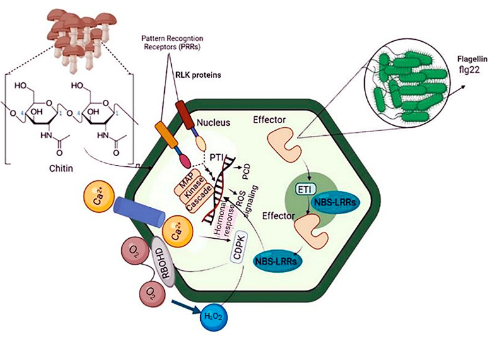Large multi-modal models (LMMs) have been used in healthcare, and the World Health Organization (WHO) has emphasized both the possible advantages and disadvantages of this practice. Generative artificial intelligence (AI) systems, such as LMMs, may handle a wide range of data types, including text, pictures, and video, to produce outputs that are not restricted to the input data type. The WHO named five domains in which LMMs may be used in healthcare: diagnostics, drug development and scientific research, clerical work, medical and nursing education, and patient-guided use.
The WHO issued a warning about a number of hazards in addition to recognizing the potential advantages of LMMs in healthcare. LMMs may be trained on faulty or biased data, and they may yield incorrect, erroneous, biased, or incomplete results. “Automation bias,” in which users trust the algorithm without question even in the face of possible disputes, is a worry. Before these hazards are widely implemented in healthcare settings, the WHO stressed how important it is to address them.
The WHO released guidelines on the ethics and management of LMMs in order to allay these worries. The guidelines included developing responsibility standards to compensate users affected by LMM outcomes, guaranteeing patient privacy and opt-out rights, and involving medical experts and patients in the development process. Governments were recommended to designate regulators to oversee the use of LMM in healthcare, carry out audits, and evaluate the effects. In order to control the creation, development, and application of LMMs, the WHO also emphasized the necessity of openness, rules, and regulations.
The conclusion highlights the significant potential for beneficial changes in healthcare that generative AI technologies, and big multi-modal models in particular, have. These technologies have the potential to improve several facets of healthcare, including patient care, medical education, medication research, and diagnostics. The World Health Organization (WHO), however, is stressing how critical it is to proceed cautiously when integrating these technologies and to carefully evaluate ethical and governance issues.
The acknowledgement of possible hazards and difficulties related to the application of LMMs in healthcare is the basis for the cautionary advice. The WHO draws attention to the potential for LMMs to generate erroneous or biased results, the chance that they were trained on subpar data, and the phenomenon known as “automation bias,” in which users may place undue reliance on algorithmic outputs even in situations where there are good grounds to doubt them.
The WHO has released particular guidelines regarding the ethics and governance of LMMs in an effort to reduce these dangers and guarantee responsible deployment. Including a wide range of stakeholders in the development process, including patients and medical experts, is one of these proposals. Incorporating a variety of viewpoints and making sure that the technology is in line with healthcare requirements and values are the goals of this inclusive approach.
The WHO also emphasizes how critical it is to protect patient privacy and provide people the choice to refuse to participate in systems that use LMMs. The guidelines also recommend the creation of liability regulations to pay out damages to those who might be injured by the results produced by LMMs. In order to address possible negative impacts and guarantee that consumers have recourse in the event of bad outcomes, this accountability mechanism is essential.
Governments are urged to take the initiative and designate regulators to authorize the usage of LMMs in healthcare environments. It is also advised to conduct audits and impact analyses to track these technologies’ effectiveness and examine how they affect patient outcomes and safety.
The WHO’s statement is essentially a request for a methodical and conscientious approach to the application of generative AI technology in healthcare. In order to avoid harm and make sure that new technologies improve healthcare outcomes, it is crucial to place a strong emphasis on ethical issues, governance structures, and risk mitigation techniques.








